
Breastfeeding mums need all the help they can get. We all know breastfeeding has some amazing benefits but when you're at the beginning of this journey you probably feel like you have a million and one questions that need answering. Fear not - there are certain tips and tricks you can follow to ease you along the way plus snazzy apps to help you monitor your supply and make you feel more confident with expressing and learn how breast pumping works.
If you are worried about your supply, we spoke to registered nutritionist Louise Pyne to find out how to increase the quantity and quality of breastmilk in nine simple and natural steps.
Did you know, breastfeeding can burn up to 500 calories per day, so listen to those hunger cues! It’s also between 80 and 90 per cent water, so it’s no surprise that drinking extra water will help maintain your supply of milk. Yet, there are some other key ingredients you can add to your diet to help boost the quality and quantity of your breastmilk that might surprise you.
Related: Can you breastfeed while pregnant?
How to increase your breast milk:
9 ways to boost breastmilk
 1 of 10
1 of 10boostbmilk1
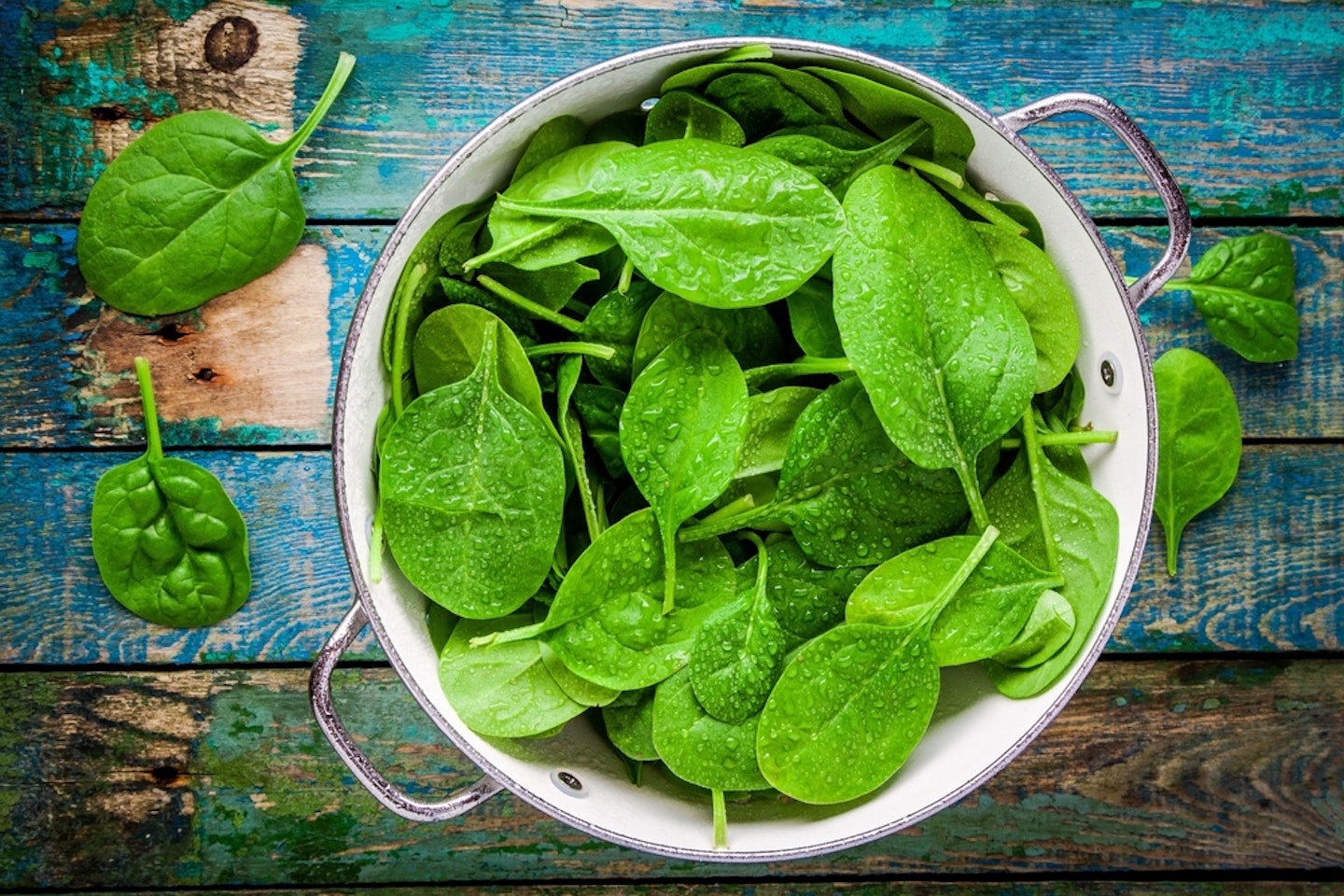 2 of 10
2 of 101) Eat stress relieving foods
Stress and anxiety have been proven to slow the flow of your breastmilk, so now is the time to try and keep calm (easier said than done with a newborn, we know). Eating foods rich in anti-anxiety nutrients can help trigger the release of happiness-inducing neurotransmitters.
If you are feeling overwhelmed, now is the time to increase your intake of dark leafy veg such as spinach and raw nuts to calm your nerves. If you're not a spinach fan, try adding it to a stress busting smoothie: simply blend 200ml coconut water, half an avocado, 50g of spinach, 1 tbsp sunflower seeds and a handful of berries.
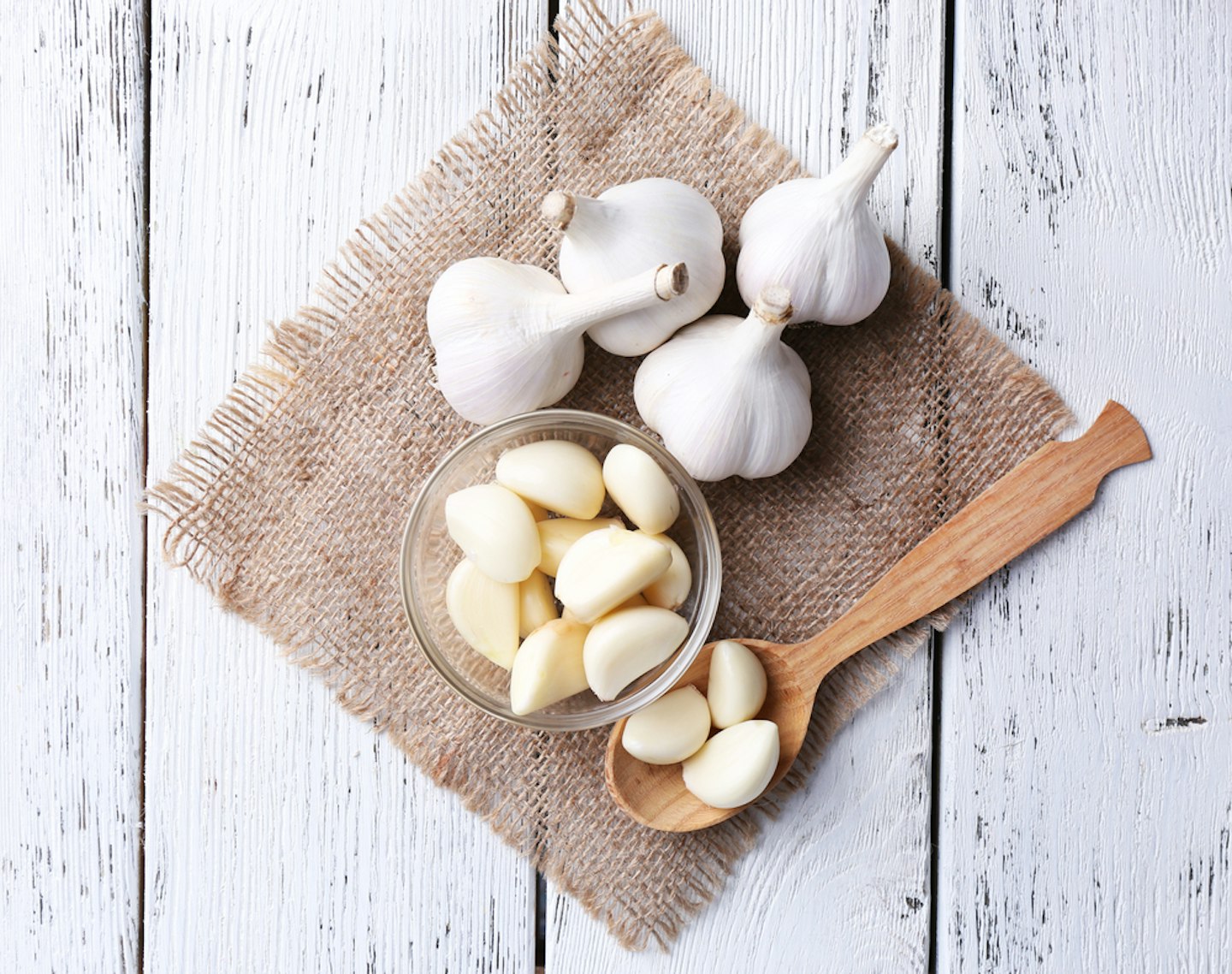 3 of 10
3 of 102) Add plenty of different flavours to your diet
Different studies show that certain tastes will increase the length of time your baby feeds. One flavour that's proven to make a difference is garlic, so put garlic bread back on the menu and see if your baby likes it too.
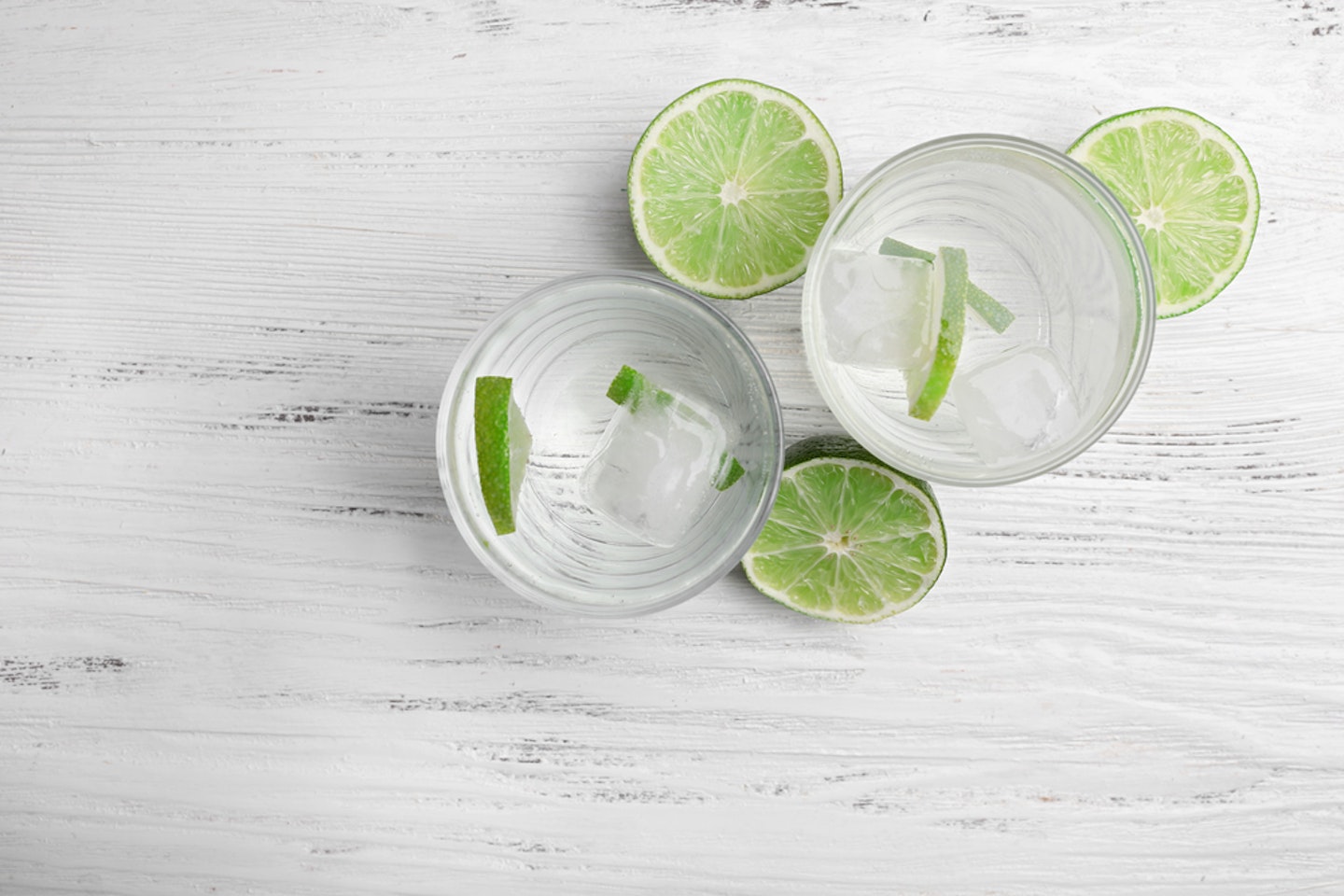 4 of 10
4 of 103) Drink up!
Did you know, your breastmilk is between 80 and 90% water, so drinking extra liquids right now is important to maintain your supply of milk. Experts reckon as well as your usual 1.5 litres per day, if you are breastfeeding you should be drinking an extra 800ml, which is around four large glasses of water. Your body will help you remember by releasing the hormone oxytocin during feeds, which will make you feel thirsty. Try and keep track of how much you’re drinking and watch out for signs of dehydration.
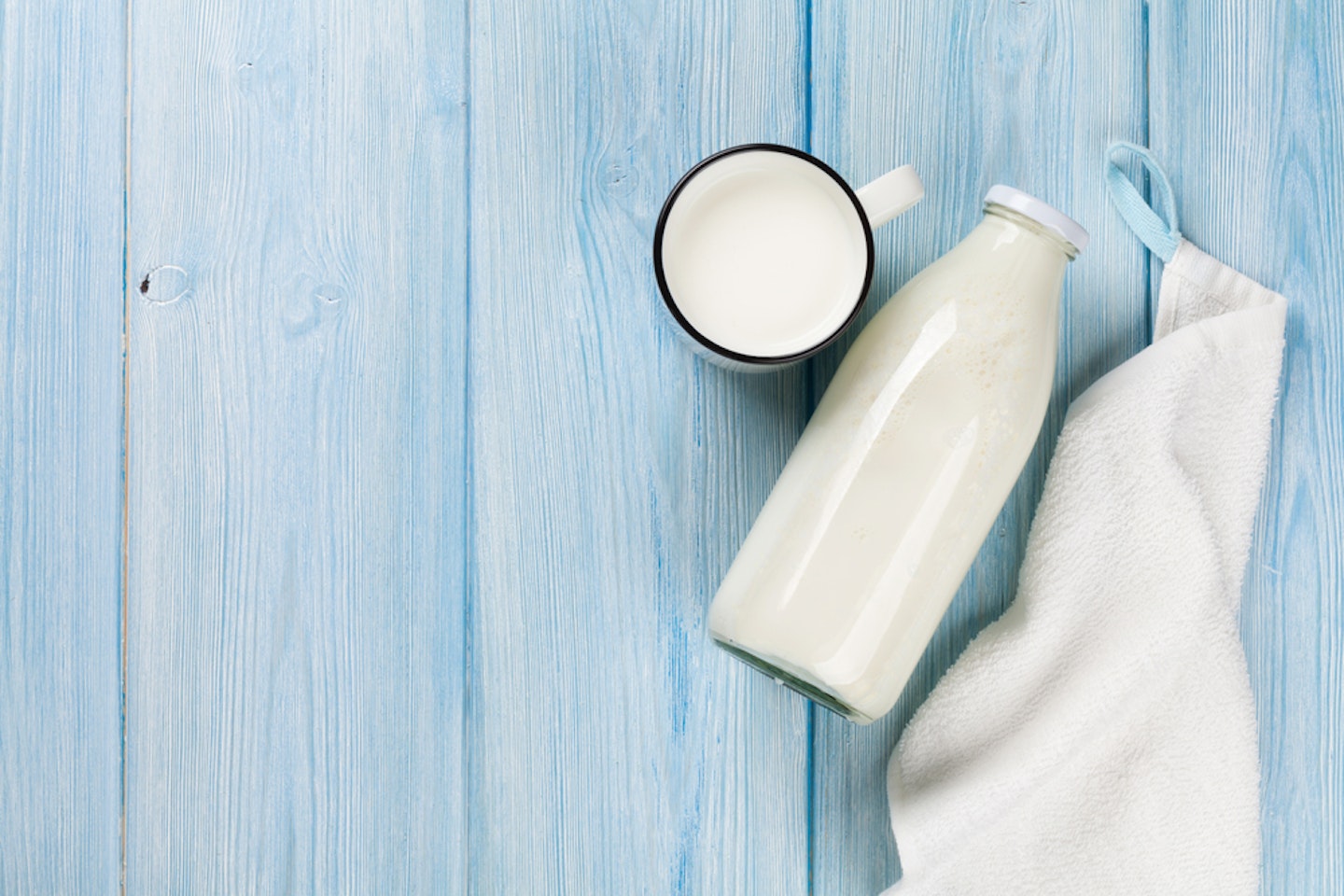 5 of 10
5 of 104) Up your calcium intake
There’s no real rule for when your periods restart after giving birth – for some women it’s a month, for others it can be up to a year. When your cycle does return, you may experience a drop in milk supply for the first few days of your period. It’s though that increasing your calcium and magnesium intake from the time of ovulation through to the third day of your period may help offset this.
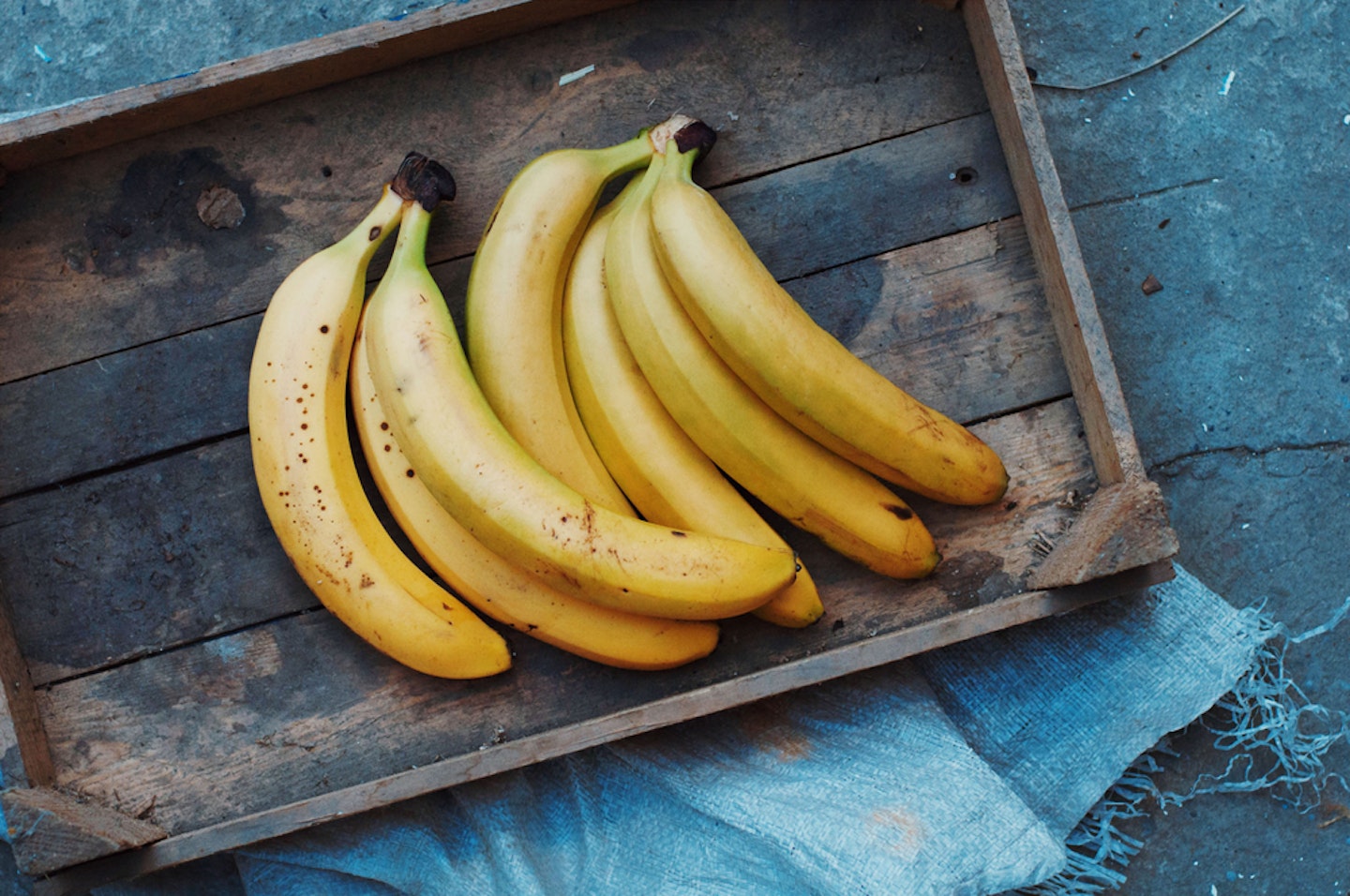 6 of 10
6 of 105) Choose sleep inducing foods
Between five and six months old, 64% of babies will wake up at least once a night to feed. This can throw your body clock, and breastmilk making hormones into disarray – your body produces more milk-making prolactin at night, but if you’re awake feeding your baby, this doesn’t happen as easily.
To keep your milk flowing, it’s essential you proritise napping during the day and incorporating sleep-promoting foods into your diet to help you relax. Bananas and oats are both natural relaxants, as they contain the amino acid tryptophan which is the precursor to the sleep-inducing neurotransmitter melatonin.
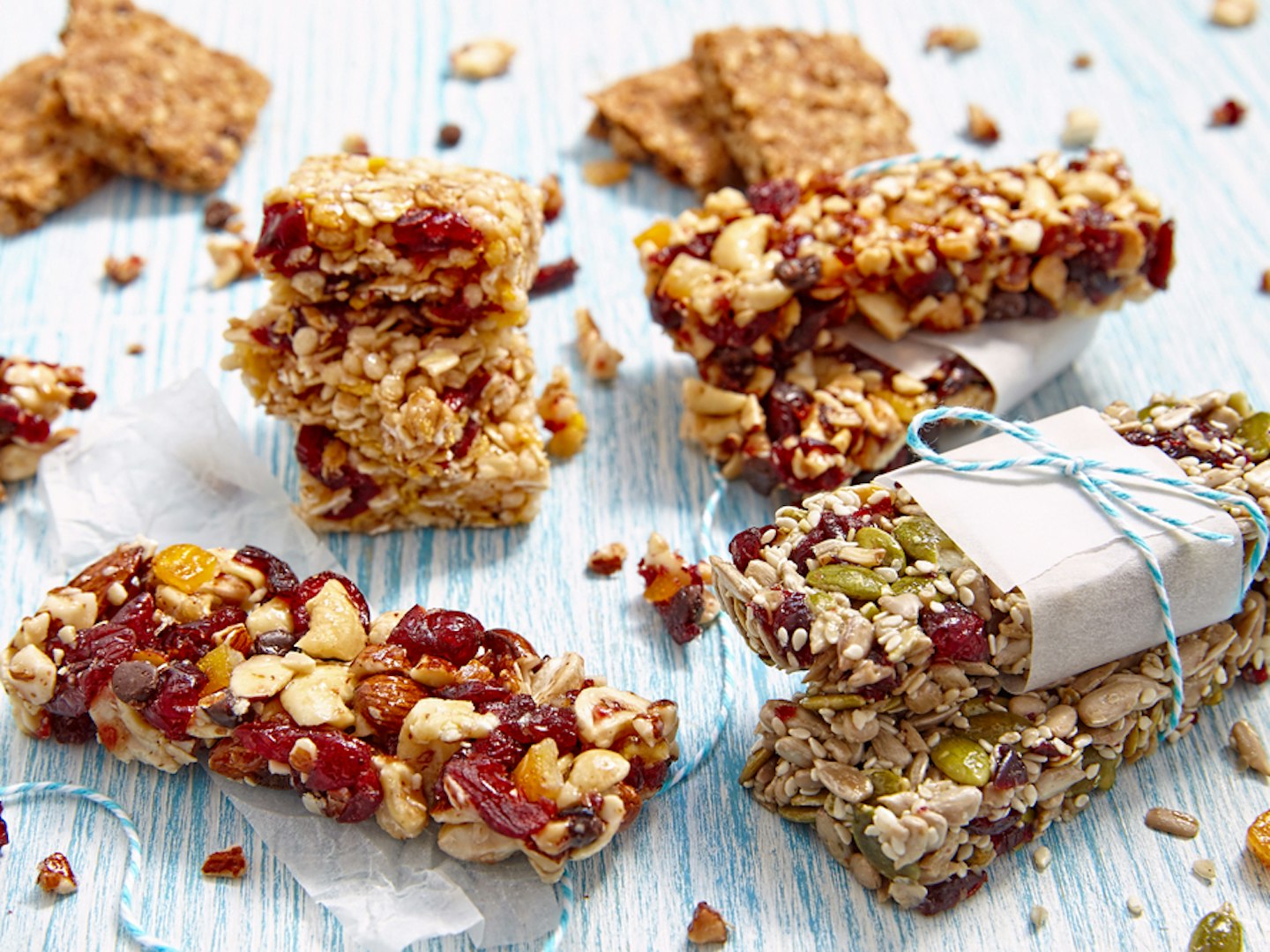 7 of 10
7 of 106) Eat mini meals and keep snacking!
Your body uses up lots of energy when breastfeeding and needs the extra calories to produce enough milk for the next feed. Eating little and often can help keep your body at its best, giving it a steady supply of nutrients that will maximise the milk-making process.
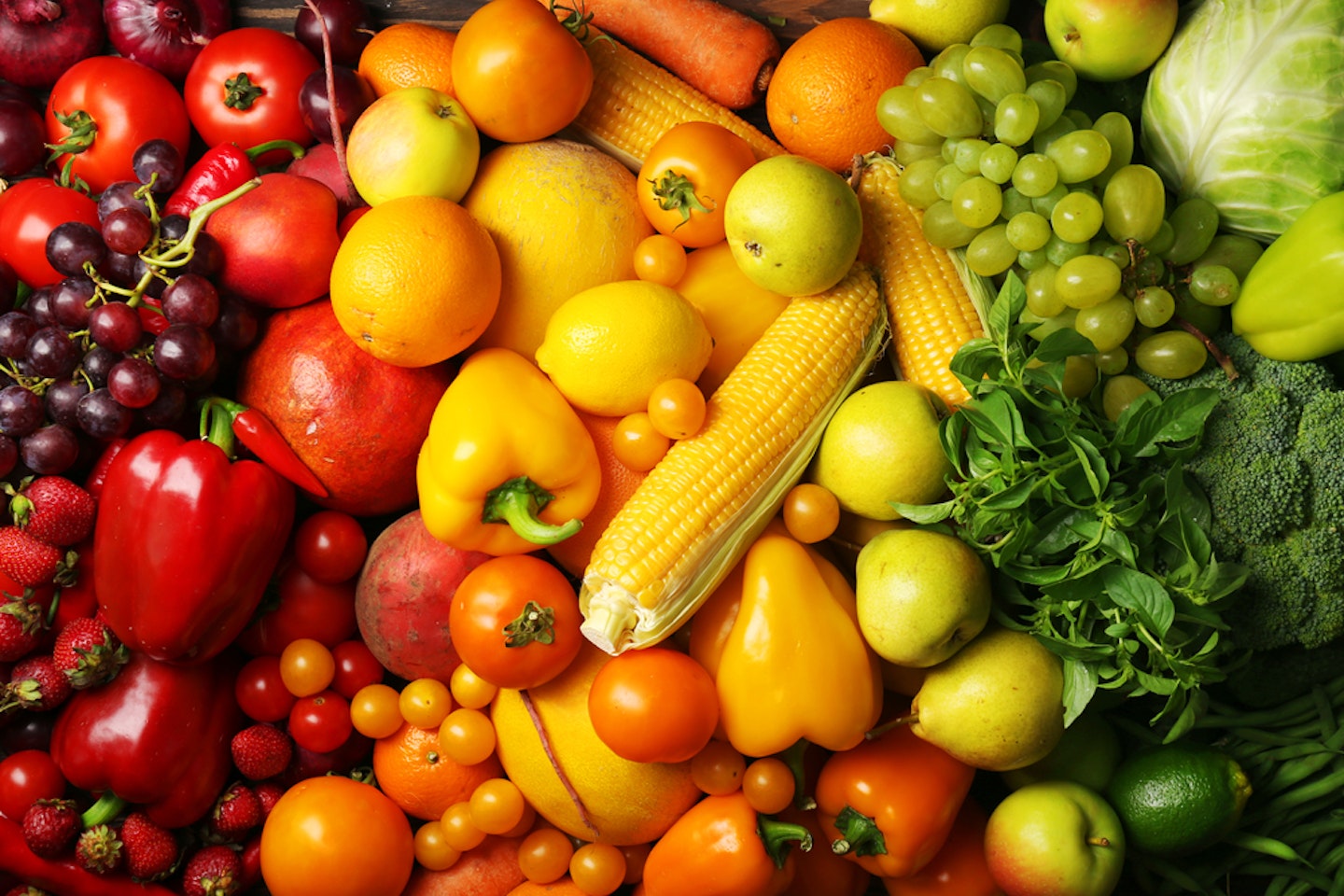 8 of 10
8 of 107) Get your five a day
Even if you’ve never really worried about it before, now is the time to start focusing on your five a day. Your baby needs all the vitamins and nutrients he can get to help his development. The best way to ensure you’re giving him all he needs is to make sure you’re eating lots of fruit and veg of all colours.
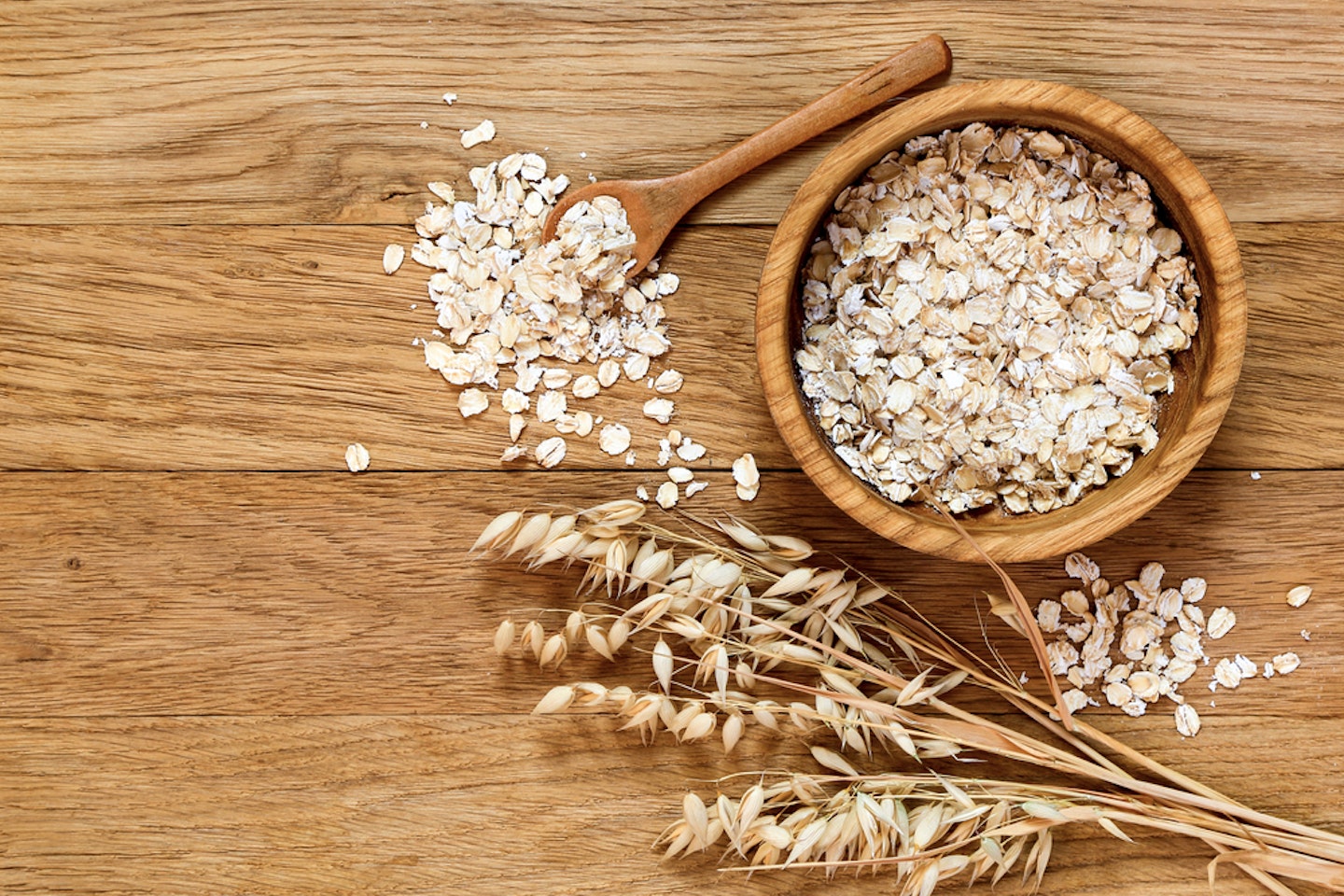 9 of 10
9 of 108) Power up with probiotics
Did you know probiotics (the good bacteria that line your digestive tract) are KEY when it comes to breastfeeding? Natural yoghurt and fermented foods like miso soup are all good sources of probiotics. It’s also a good idea to eat food rich in prebiotics, which feed this good bacteria, such as oats, asparagus and bananas.
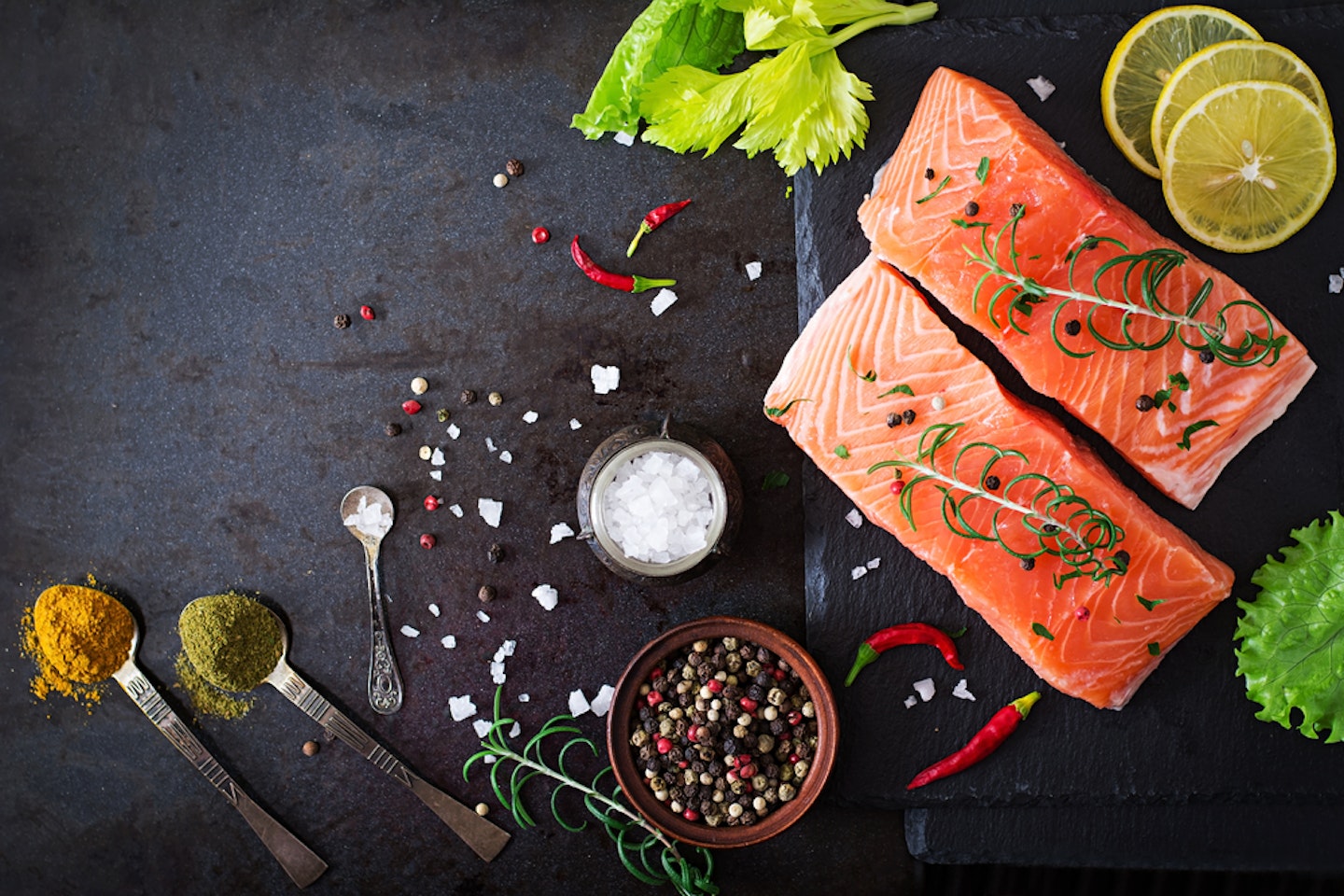 10 of 10
10 of 109) Go for good fats
Research shows that breastfeeding mums who follow a diet high in essential fatty acids had a positive effect on infant’s brain development. So load up on good-fat foods such as nuts and seeds, and oily fish like salmon and mackerel.
Read more popular articles
Colostrum harvesting: Your guide to expressing your milk before baby arrives
